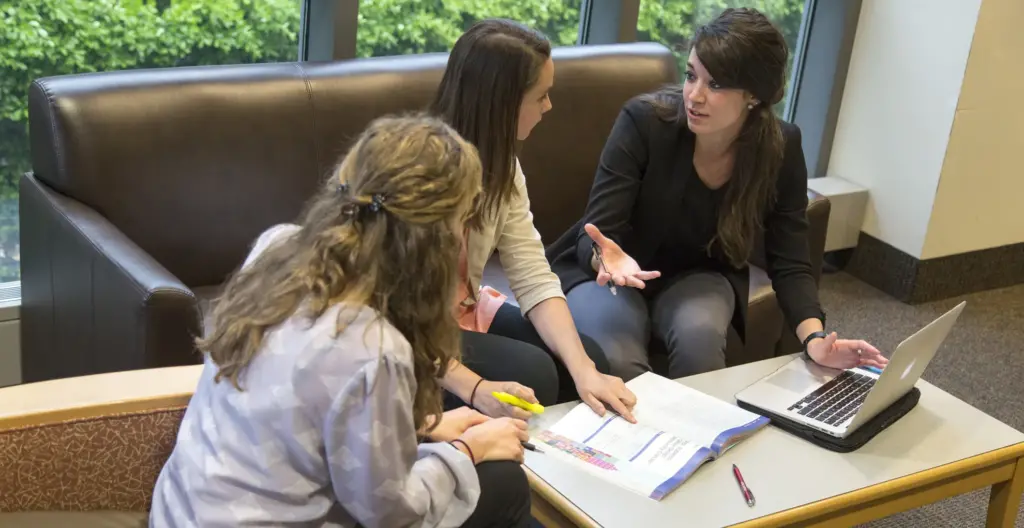Overview
- Degree Level
- Graduate
- Degrees Offered
- Dual Degree: MPH/DPT, Dual Degree: MPH/IPCR, Dual Degree: MPH/MAC, Dual Degree: MPH/PA, Master of Public Health
- Department
- Public Health Department
- school/college
- College of Health Sciences





